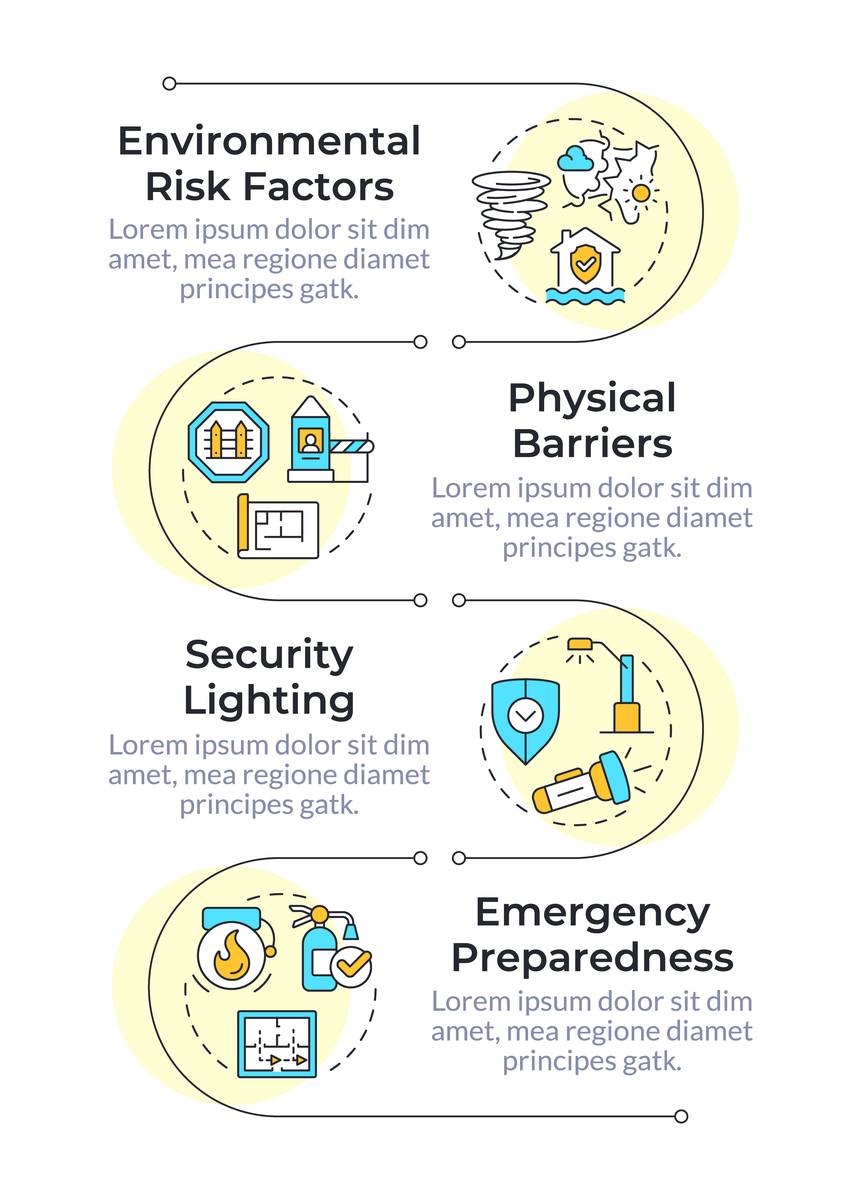Socialization Agents: A Comprehensive Guide to the Forces That Shape Us
Socialization Agents: A Comprehensive Guide to the Forces That Shape Us
Socialization agents are the individuals, groups, and institutions that mold us into who we are. They guide our understanding of the world, shape our beliefs and values, and teach us how to navigate the complexities of society. This comprehensive guide delves into the key socialization agents and their profound impact on our lives.
What are Socialization Agents?
Socialization agents are the architects of our social identity. They are the forces that drive the lifelong process of socialization, influencing our attitudes, beliefs, values, and behaviors. Through various interactions and experiences, these agents equip us with the knowledge, skills, and norms necessary to thrive within our social environments.
Key Socialization Agents:
-
Family: The bedrock of socialization, our families are the primary agents shaping our early development. Parents and siblings transmit cultural norms, instill values, and model social behaviors. They provide love, support, and the foundation for our sense of self.
-
Education System: Formal education plays a pivotal role in shaping individuals. Schools impart academic knowledge, foster critical thinking skills, and instill social norms. Students learn to cooperate, follow rules, and prepare for future roles within society.
-
Peer Groups: The influence of peers grows as we navigate adolescence and beyond. Friends and classmates provide a sense of belonging, shape our opinions, and influence our choices. Peer groups often play a significant role in identity formation and can impact our values and behaviors.
-
Mass Media: In today's digital age, mass media wields immense influence. Television, movies, social media, and the internet expose us to diverse perspectives, shape our perceptions, and impact our consumer choices. Media can both reinforce and challenge societal norms, contributing significantly to our understanding of the world.
-
Religion: Religious institutions and beliefs systems provide moral guidance and shape our value systems. Religious teachings can influence our attitudes towards social issues, ethics, and interpersonal relationships, impacting our views on morality and spirituality.
-
Government and Laws: Governments and legal systems establish the framework for acceptable behavior within a society. Laws, regulations, and enforcement mechanisms contribute to the socialization process by defining boundaries and expectations for citizens.
-
Workplaces: Our professional lives provide further socialization experiences. Workplaces instill specific skills, introduce us to professional norms, and influence our career trajectories. We learn to navigate workplace dynamics, collaborate with colleagues, and adapt to organizational cultures.
The Interplay of Socialization Agents:
These socialization agents don't operate in isolation. They interact and influence each other, creating a complex web of factors that contribute to our overall development. For example, family values can intersect with religious beliefs, while media messages might challenge educational teachings.
The Lifelong Impact of Socialization:
Socialization is not confined to childhood; it's a continuous process that unfolds throughout our lives. As we encounter new experiences, relationships, and environments, we adapt, learn, and evolve. Socialization shapes our identities, guides our interactions, and ultimately influences our place within the larger social fabric.

原文地址: https://www.cveoy.top/t/topic/oRS 著作权归作者所有。请勿转载和采集!